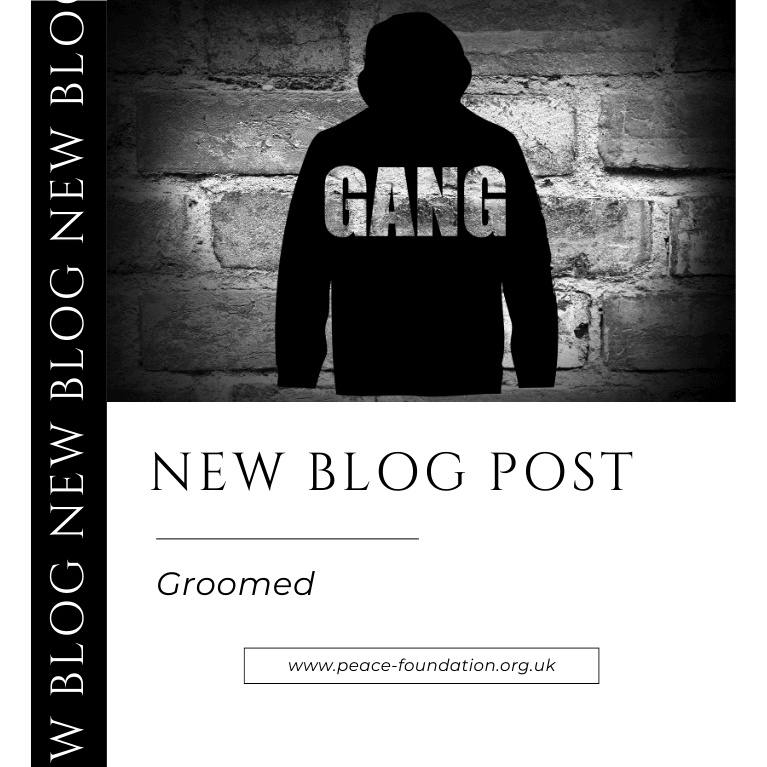
Groomed
Grooming is a term used to describe the behaviour and techniques used by someone to manipulate and exploit another person. It can happen both online and face-to-face and can affect both children and adults.
The groomer often positions themselves in a role that allows them access to their victim, using specific techniques to gain their trust. This can involve learning about the victim’s vulnerabilities and manipulating them into believing they can fulfil their needs.
Grooming can take different forms, including sexual, romantic, financial, or for criminal or terrorism purposes. Groomers may try to isolate their victims from friends and family and make them feel like they are part of something special in a group or gang.
It’s important to be aware that children are particularly vulnerable to grooming, and it’s important for parents and caregivers to be mindful of any warning signs. These signs may include unexpected absences from school, having possessions they can’t account for, receiving an excessive number of texts or phone calls, and sudden changes in behaviour or personality.
It’s important to approach this issue with empathy and understanding. Victims of grooming may not even realise what’s happening to them and may feel powerless to escape. We need to work together to raise awareness and provide support to those who have been affected. Since the pandemic, the number of children affected by grooming has tripled (NSPCC). Groomers target a variety of locations, including schools, clubs, foster homes, and homeless shelters. Victims may feel trapped and powerless to leave, as groomers may use threats or manipulation to make them feel like they’ve done something wrong.
Prevention:
At the Tim Parry Johnathan Ball Peace Foundation, we offer a range of programmes and services to help children build emotional intelligence and resilience to the challenges of modern-day life. We have a range of programmes which help young people and those who support them to develop key skills to protect and prevent young people from being groomed.
Young people need to develop a range of skills to help protect themselves from grooming. Critical thinking skills are important as young people should question what they are being told, consider the source of information, and be aware of misinformation or propaganda. Emotional intelligence is also important as it helps young people understand and manage their emotions, empathise with others, and identify potentially dangerous situations.
Additionally, communication skills are crucial as young people should feel comfortable talking to trusted adults if they feel uncomfortable or unsafe. In today’s digital age, young people should also be taught digital literacy skills to use technology safely and responsibly and avoid online grooming tactics. Having healthy self-esteem and self-confidence makes young people less vulnerable to manipulation and coercion, making them less likely to be targeted by groomers.
Finally, developing resilience skills can help young people cope with difficult situations in a positive way, including building a support network, practising self-care, and developing problem-solving skills.
By developing these skills, young people can better protect themselves from grooming and build a foundation for a safe and healthy future.
For more information about our programmes and to explore how we can support you, contact info@peace-foundation.org.uk or call our team on 01925 581231.
(Some) Skills and outcomes of our programmes with young people:
- Critical thinking: Young people should be encouraged to think carefully about things they hear or read. They should ask questions and be aware that sometimes people might not tell the truth or might try to trick them.
- Emotional intelligence (understanding feelings): It’s important for young people to understand and manage their own emotions and to be able to understand how other people might be feeling. This can help them stay safe and build good relationships.
- Speaking up: young people should be encouraged and feel comfortable talking to adults they trust if something is bothering them or if they feel unsafe.
- Staying safe online: Because grooming can happen online, young people should learn how to use the internet in a safe way. This includes being careful about what they share online and knowing how to avoid people who might not be who they say they are.
- Feeling good about yourself: When young people feel good about themselves and are confident, they are less likely to be targeted by groomers because they are less vulnerable to manipulation and coercion.
- Being able to handle tough times: Developing resilience can help young people bounce back from difficult situations and cope with challenges in a positive way. This can include developing problem-solving skills, building a support network, and practicing self-care.

